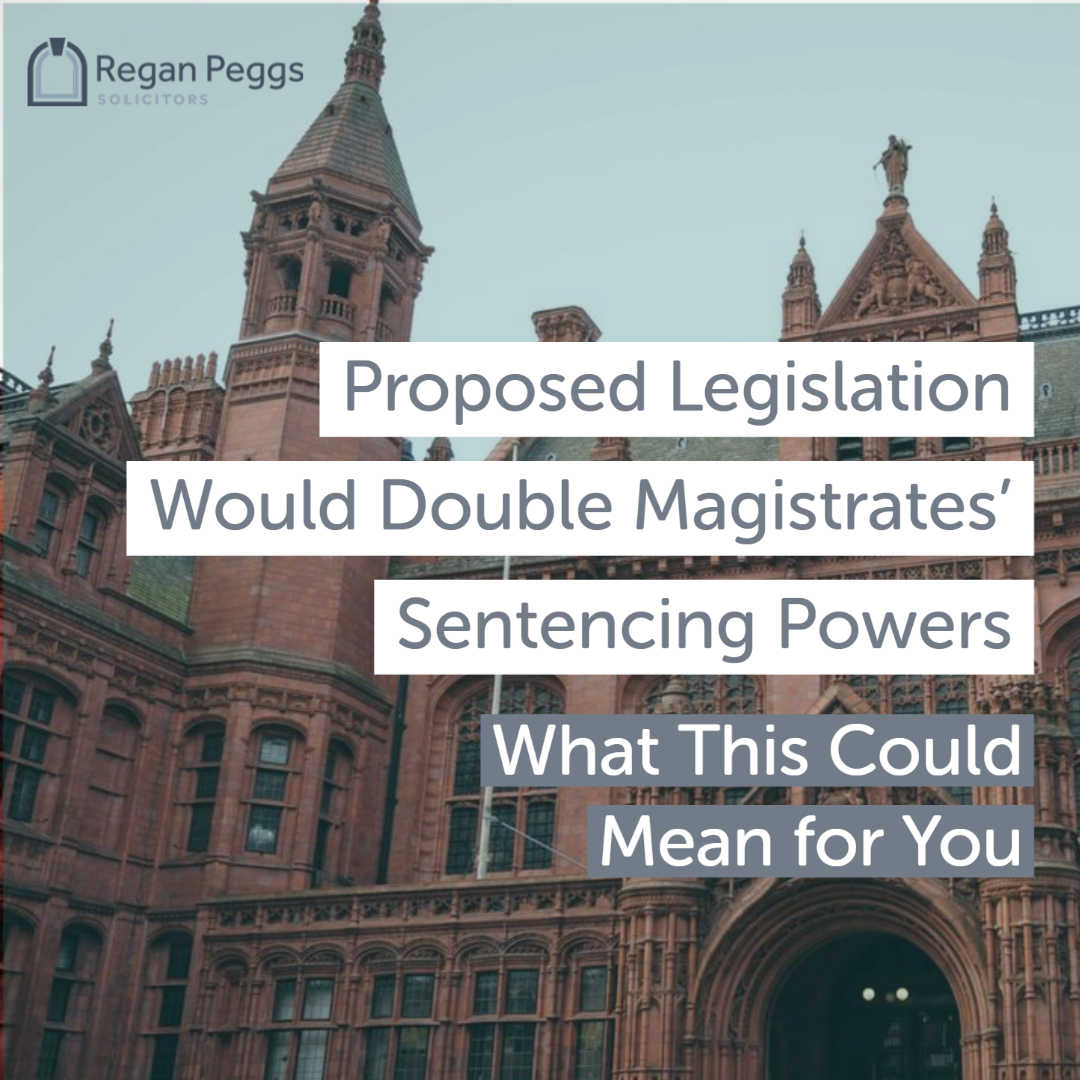
Even before the coronavirus crisis swelled the backlog of court cases, the magistrates’ court system in England and Wales was in crisis. We don’t have enough of these lay justices, and the ones we do have are mostly nearing the end of their age-limited terms. A Justice Commission inquiry into the role of the magistracy found that there were 50% fewer magistrates available to hear cases in 2018 than there were just six years earlier in 2012. What is more, 55% of the magistrates we did have in 2018 were over the age of 60. By law, magistrates need to retire at age 70.
Partly in response to this recruiting issue and partly as a reaction to the even bigger backlog of court cases presented by COVID-19, a cross-party group of MPs has just proposed new powers for magistrates. Specifically, they want to double the maximum sentence magistrates can impose from six months’ custody for a single offence to a full year.
Why Double Magistrates’ Maximum Sentencing Powers Now?
Writing in The Times, John Bache of the Magistrates’ Association said that this proposal could potentially ease the caseload awaiting the Crown Courts. Magistrates’ courts have continued to operate in some capacity during the crisis thanks to video hearings. Increasing sentencing powers at this level would potentially allow them to hear more cases that are currently referred to the Crown Court.
Jury trials have been suspended since 23 March due to the ongoing social distancing measures. Some jury trials are set to go ahead from 18 May at Cardiff Crown Court and the Central Criminal Court at the Old Bailey in London. This partial resumption of jury trials will still leave many cases delayed.
In theory, expanding the powers of magistrates would allow some cases to be heard sooner, instead of waiting for Crown Courts to come back online. Under the proposed changes, defendants whose cases would be heard by the newly empowered magistrates would still have the option to elect to go to trial in Crown Court later.
What Would a Change to Magistrates’ Sentencing Capabilities Mean for You?
Three separate issues collide in this proposal for doubling magistrates’ sentencing powers:
- The very real risk of long delays to trials due to the coronavirus crisis, even with trials resuming in some Crown Courts in mid-May
- An ongoing crisis with the magistrates’ courts due to their lack of staffing
- The importance of a right to a jury trial for complainants and defendants
It’s perfectly possible that there are good reasons to expand the powers of magistrates and the magistrates’ court. However, as we’ve seen when considering the new offences in the Coronavirus Act itself, changes to the law made during a time of crisis can have unintended consequences.
Conviction rates for cases brought to the magistrates’ courts are higher than those in Crown Court—these figures from the Crown Prosecution Service (Excel file) show that as of the first quarter of 2019, the conviction rate for magistrates’ courts in England and Wales was 84.8%, compared to 80% for the Crown Court. It’s entirely likely that cases referred to magistrates after an expansion of powers would result in similar rates of conviction. In my experience, when magistrates are given a new tool, they over-use it. Expanding magistrates’ powers could see us achieving faster processing time for trials at the risk of higher convictions for defendants.
Coronavirus Will Change Courts Permanently
COVID-19 has disrupted the justice system as thoroughly as it has disrupted every other part of our society. The impact of that disruption is going to be with us for a long time, and we have to consider long-term or even permanent changes to the powers of courts in order to see that justice is done.
However, the solution to the courts backlog is not a binary choice between expanding the powers of the magistracy or nothing at all. We could also look at other proposals, such as allowing defendants to elect to have Crown Court cases heard by a single judge rather than wait for a full jury trial.
Whatever ultimately comes of this very fluid situation, I and my colleagues will be here to help you if you need legal representation. Get in touch today.
- UK Motoring Offence Stats: A Closer Look at the Numbers - October 26, 2023
- Are Sat Navs Excuses for Motoring Offences? - October 4, 2023
- Is divorce always 50/50? - August 2, 2023

